2024

New report examines redress for systemic human rights violations in Turkish messaging app prosecutions
PRESS RELEASE: A new report published today by Statewatch provides a comprehensive analysis of the Turkish authorities’ prosecutions of individuals for using an encrypted messaging app, providing insight into systemic human rights violations and potential remedies for those who have been wrongfully convicted.
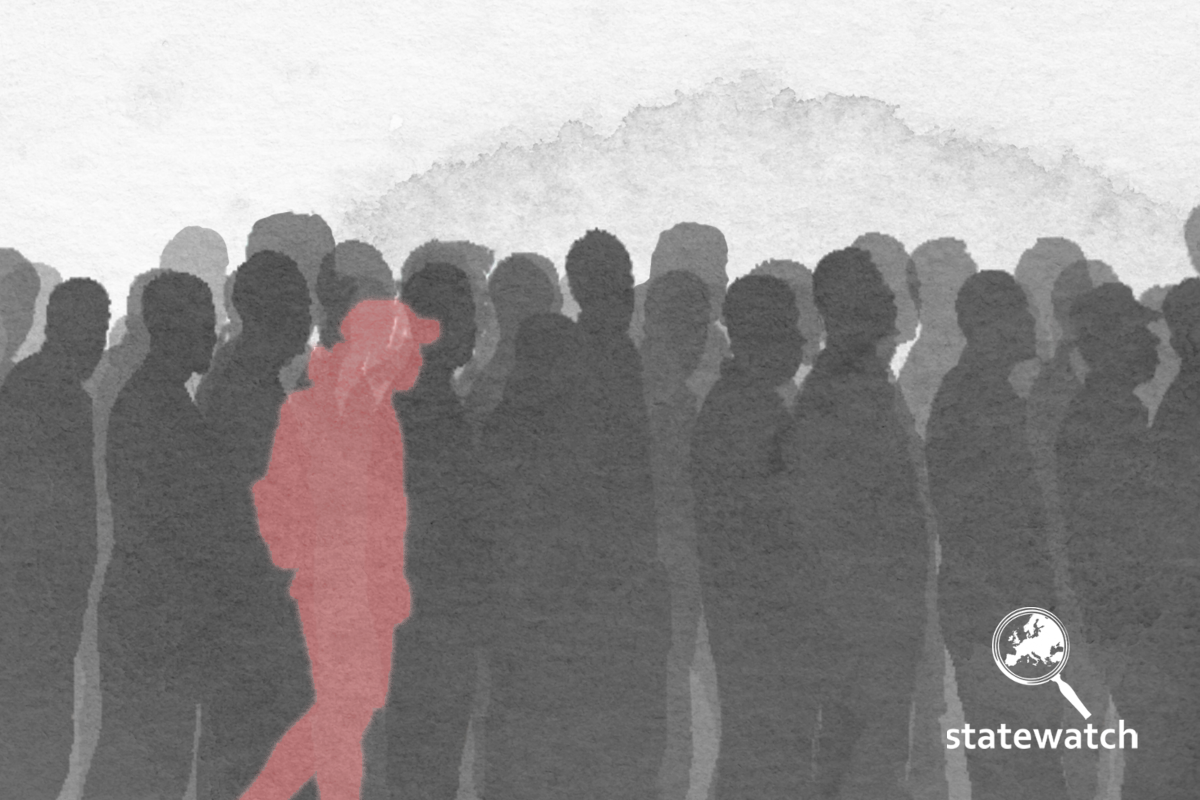
Statewatch is seeking information on secrecy and security exceptions in asylum and immigration cases
Individuals involved in immigration and asylum proceedings can face multiple barriers to a fair hearing: an unfamiliar or unknown language, a lack of legal aid, and limited support networks. There is also the possibility that secret evidence will be used to refuse their applications or deny them entry to the territory. To gather further evidence on the extent of this problem, and the possibilities that data protection law offers as a remedy, Statewatch has launched a questionnaire to gather evidence from affected individuals, lawyers and support groups.

UK: Law changes will make it harder to hold police to account for illegal data access
An office for West Yorkshire Police, based in Leeds, has been convicted of breaches of the Computer Misuse Act 1990, after using police databases to search for information on people she knew with no legitimate reason. The case highlights the risks posed by forthcoming changes to UK data protection law.

Spain: Terrorism charges against protesters undermine "international human rights and democratic standards"
A letter signed by 20 organisations from across Europe, including Statewatch, calls for the dropping of terrorism charges filed by the Spanish authorities against 12 protesters. The 12 face the charges for organising a blockade of Barcelona's El Prat airport and the motorway at La Jonquera, near the border with France, in protest at the jailing of Catalan independence leaders. "The misuse of the accusation of terrorism is unjustifiable," the letter says. It goes on to say that it undermines "international human rights and democratic standards" and "has a chilling effect on civic engagement."

Racial profiling and "internal pushbacks" in new Schengen borders legislation
Statewatch is publishing the final compromise text of the revised Schengen Borders Code, which is due for adoption soon by the Council and the Parliament. The text has been heavily criticised for encouraging racial profiling through the increased use of police patrols and checks at internal borders in the Schengen area, as well as legitimating "internal pushbacks", with the aim of avoiding the full-blown reintroduction of internal border controls.
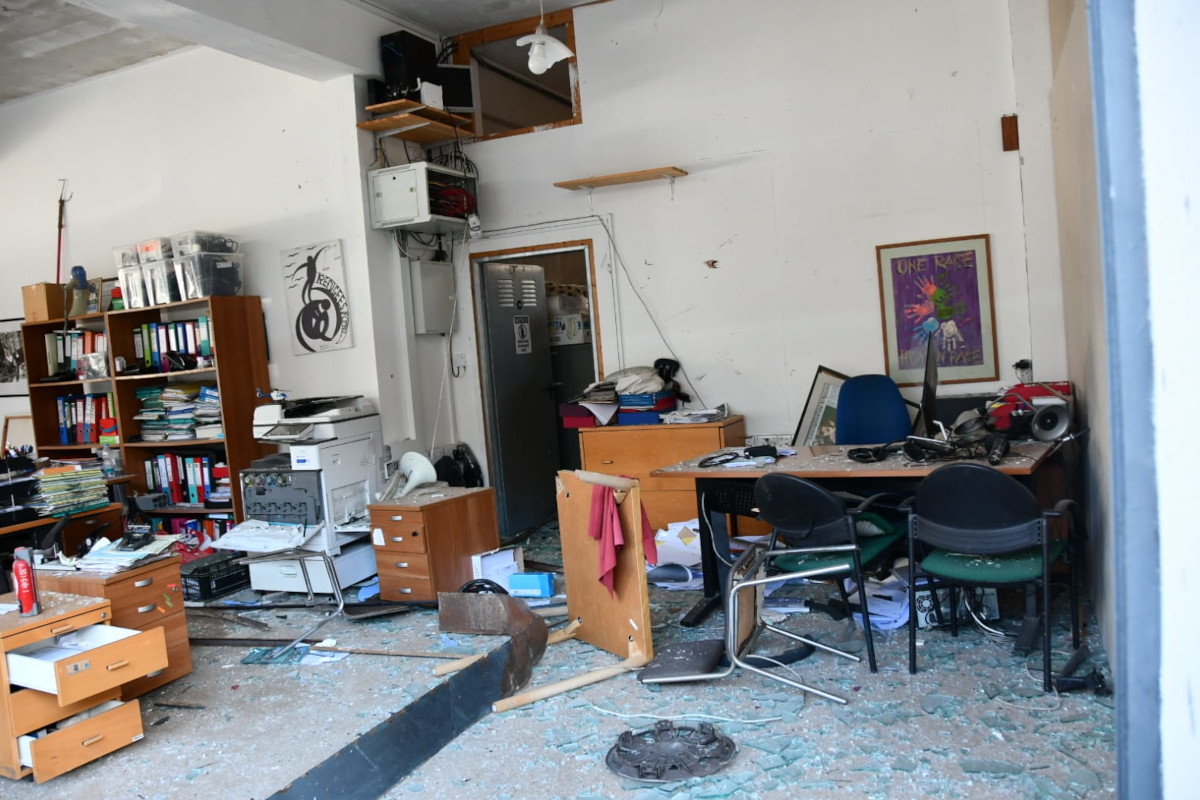
Civic space in Cyprus must be protected
KISA is a Cypriot NGO that works for "an all-inclusive, multicultural society, free of racism, xenophobia and discrimination," that has been the subject of ongoing and worsening attacks from the authorities and far-right groups. The most extreme such attack came on 5 January, when a bomb set off outside KISA's office broke all the windows, and destroyed much of the equipment and the organisation's archives. In response, over 40 organisations from across Europe, including Statewatch, are calling on Cypriot and European authorities to take action to condemn the bombing, launch an investigation, and halt the attacks upon KISA.
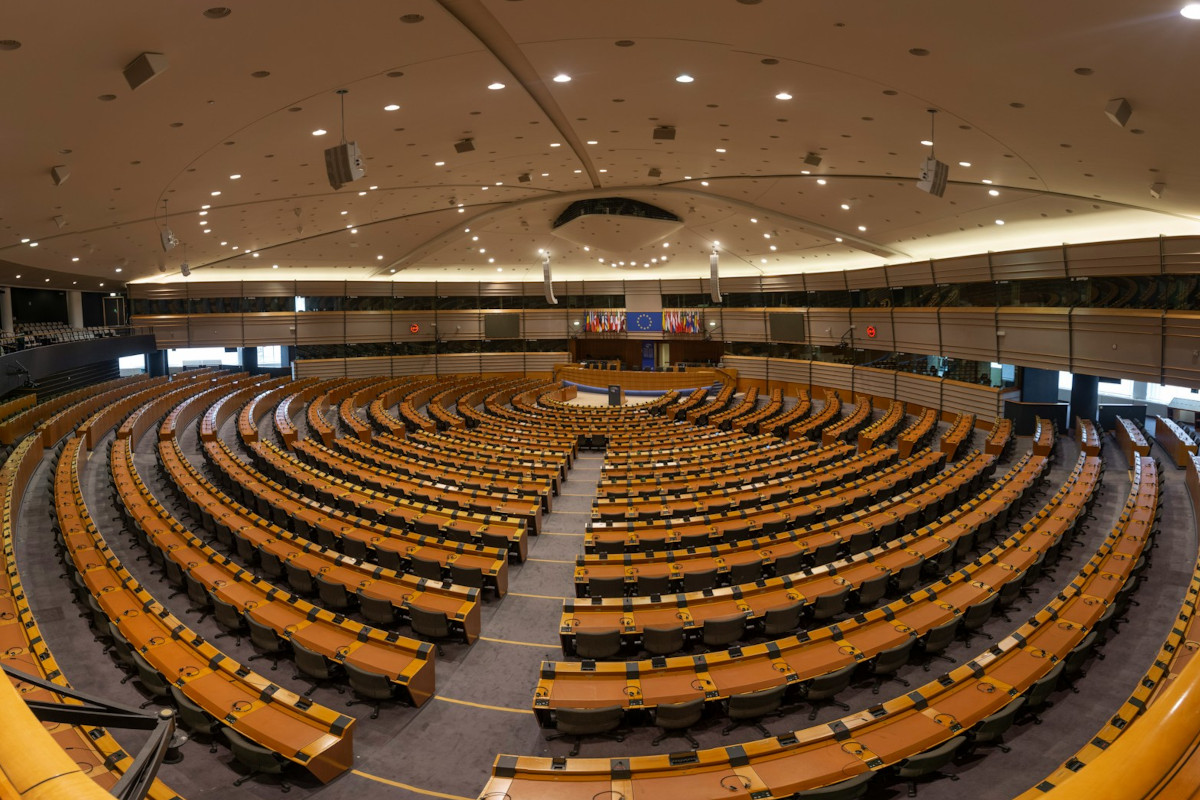
MEPs can still halt the EU's harmful migration pact, say civil society groups
On 14 February, MEPs in the European Parliament's civil liberties committee will vote on the legislation that makes up the EU's Pact on Migration and Asylum, following political agreement between parliamentarians and EU member state representatives in December. A statement signed by more than 80 civil society organisations, including Statewatch, calls on MEPs to vote against rules that will have "devastating implications for the right to international protection in the bloc and greenlights abuses across Europe including racial profiling, default de facto detention and pushbacks."

Italy: Trento council fined for illegal AI video and audio surveillance projects
Last month, the Italian privacy authority fined Trento city council €50,000 for the deployment of two artificial intelligence-driven urban surveillance projects that violated data protection rules. The two projects, which were funded by the EU, were accompanied by a third research project that avoided sanction from the privacy authority, as no data processing has so far taken place under its auspices.
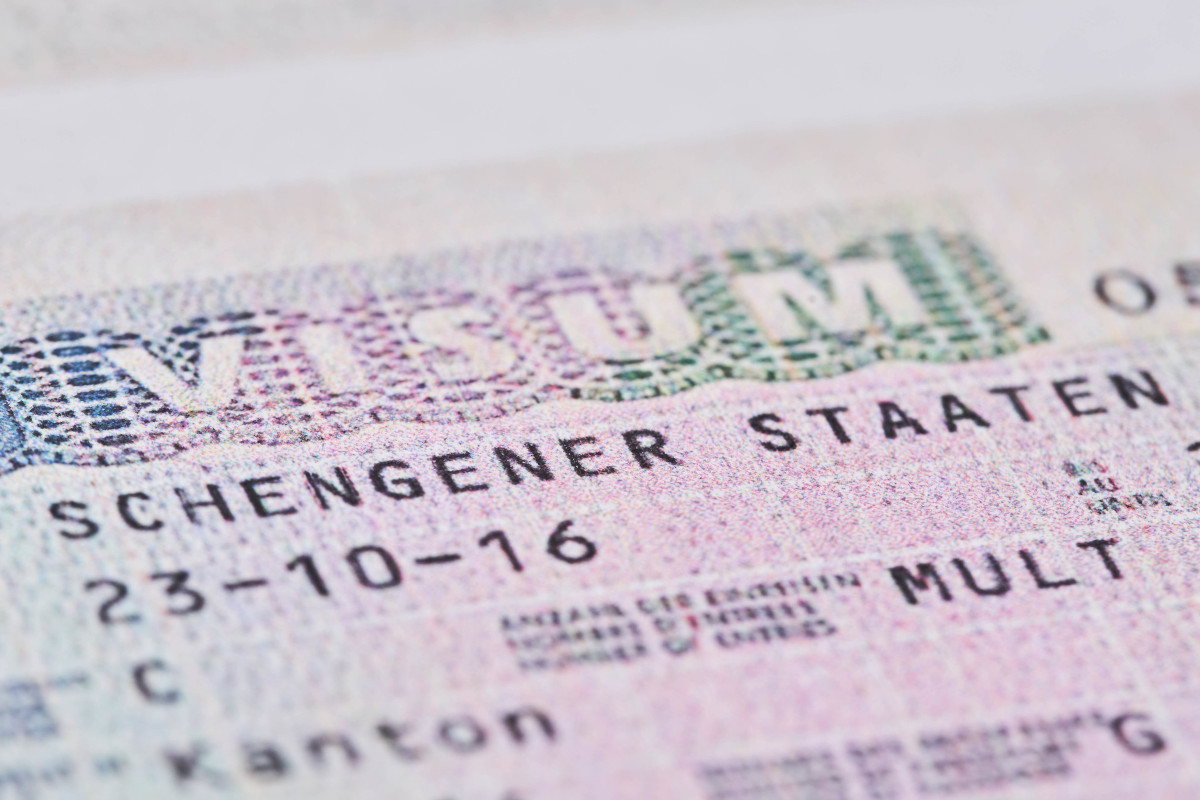
Deportations: EU considers stepping up visa sanctions after Iraq and Gambia change policies
Iraq and The Gambia have both been targeted with EU visa sanctions due to non-cooperation on deportations, and it seems the measures – or the threat of them – may have led to a new willingness to accept deportation flights from EU states. The instrument was first introduced in 2019, and was first applied to The Gambia in 2021. Now member states are discussing the way ahead for the visa sanctions regime, which may see more threats levelled at third countries deemed insufficiently cooperative with EU deportations.

New powers for Europol: proposal gets frosty reception from member states
At the end of November the Commission proposed expanding Europol’s powers, in the name of fighting migrant smuggling. Member states have started discussing the proposal in the Council. Written comments obtained by Statewatch suggest that the plans have not been well-received in national capitals.

Palestine: 300 academics call for halt to EU research funding that violates international law
Almost 300 academics from universities across Europe and beyond have called for the EU to stop funding research projects "that may, directly or indirectly, violate international law and human rights," in particular with regard to substantial research funding the EU provides to institutions in Israel.

Tarajal border deaths: 11th March for Dignity demands justice as new lawsuit opened
Last Saturday, the 11th 'March for Dignity' took place in Ceuta, marking the killing of 14 people who died by drowning on 6 February 2014 after being pushed back by Spanish border guards, tear-gassed and fired upon with rubber bullets. A fresh lawsuit against Spain was recently filed at the UN by one of the survivors.

No real safeguards for new Europol data powers, says data protection authority
A new proposal to enhance the powers of Europol and to strengthen its cooperation with Frontex in the name of fighting migrant smuggling falls short of respecting data protection and fundamental rights standards, according to the European Data Protection Supervisor (EDPS).

EU: Tracking the Pact: Texts of the Asylum Procedure and Eurodac Regulations
The laws making up the EU's Pact on Migration and Asylum were agreed in feverish secret meetings between the Council, Commission and Parliament at the end of December. However, they only reached "political agreement" - the actual texts of the different pieces of legislation have since been hammered out in "technical discussions". Statewatch is publishing the consolidated texts of the Asylum Procedure Regulation and the Eurodac Regulation, two of the multiple new laws set to govern asylum and migration in the EU in the years to come.

UK: More than 250 organisations call for rejection of "legal fiction" of Rwanda Bill
The Safety of Rwanda (Asylum and Immigration) Bill is to receive its second reading in the House of Lords today. A statement signed by 265 civil society organisations and other entities from across the UK, including Statewatch, calls for it to be rejected.
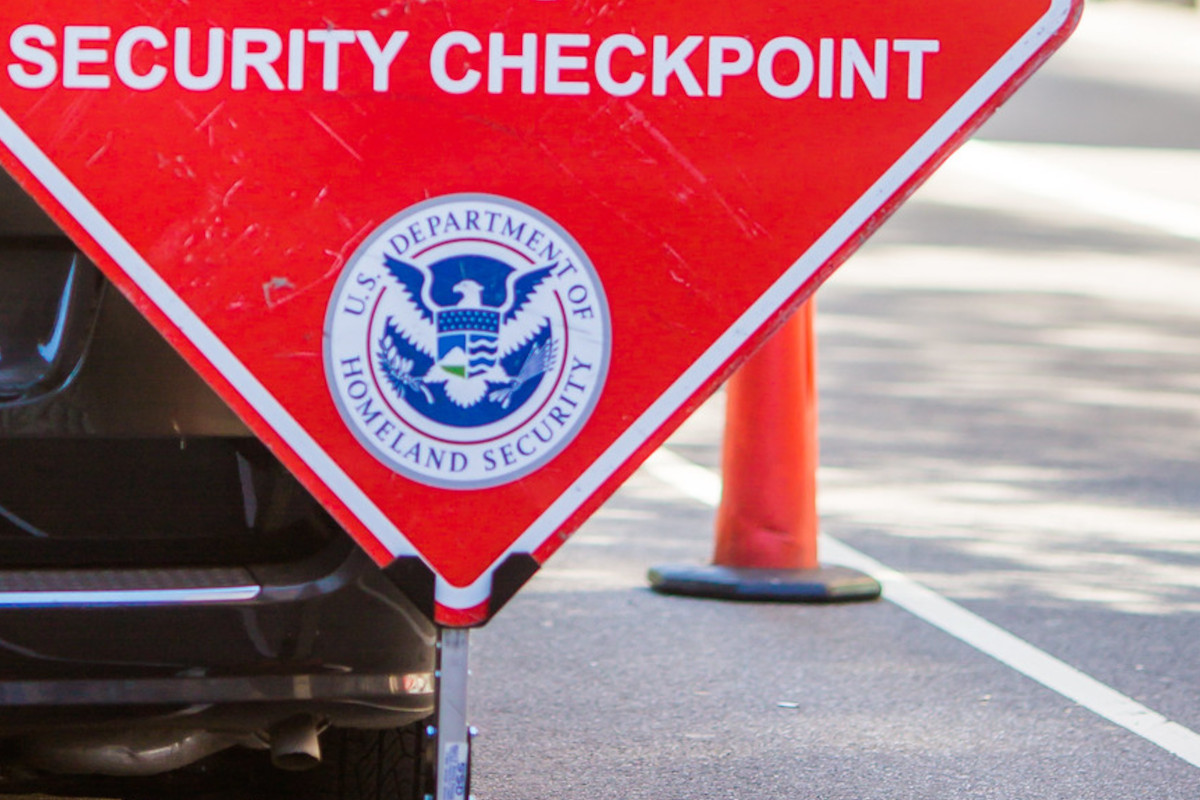
EU: Council Presidency seeks “common vision” on US database access demands
The US wants to vet travellers through direct access to foreign databases, including those of EU member states. Bilateral discussions are ongoing and are at different stages in different states, but it remains unclear whether the agreements are an EU or national competence. The US is organising an “informal information meeting” for EU member states and institutions, after which the Presidency wants to develop a “common vision”.

Risk screening and watchlists: Europol and Frontex reports on development of the “permission to travel” system
Reports circulated by Europol and Frontex to member states last October show that the development of the European Travel Information and Authorisation System (ETIAS) was – at least at the time – still plagued by delays, which both agencies blame on eu-Lisa, the EU’s database agency. Frontex’s report says the delays were causing problems for the “assessment functionality for the risk screening of the ETIAS applications,” through which travellers will be profiled. Meanwhile, Europol continues to develop its new “watchlist” of potential terrorists and criminals, and is seeking permission to use data supplied by non-EU states in the assessment of travel applications.

EU: Police data access working group needs transparency and critical advice, says joint civil society letter
A letter signed by 21 organisations, including Statewatch, calls on the EU's new High Level Group on Access to Data for Effective Law Enforcement (HLG) to ensure its proceedings are transparent and that it facilitates the participation of independent civil society experts, instead of relying solely on the input of police, interior ministry and industry officials.

US migration data demands are “challenging”, say Norwegian authorities
Norwegian government officials have met with their US counterparts to discuss the US' demands for direct access to biometric, identity and criminal record databases as part of its new “border security” plan, according to a report in the newspaper Bergens Tidende. The Norwegian police have apparently described the proposals as “challenging,” given existing legal requirements.

EU missions in Palestine ponder role for "day after" Gaza bombardment ends
Two reports from EU security missions in Palestine, dealing with policing and border control, indicate that officials are pondering their role in the planning for whatever happens when Israel's bombardment of the Gaza strip ends.
Spotted an error? If you've spotted a problem with this page, just click once to let us know.